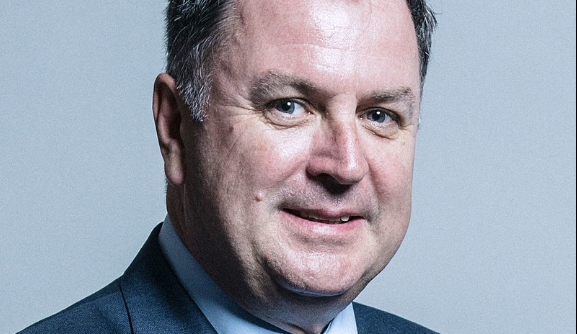Treasury watchdog has huge task ahead

Westminster isn’t a happy place these days.
MPs leave under police escort while protesters from both sides of the Brexit stalemate berate them; conventions in parliament are tested almost to destruction by the Speaker and ministers alike; a domestic legislative agenda exists only on paper; the government cannot govern and the opposition demand an election while refusing to trigger one.
It can feel at times as if politics simply isn’t functioning. So it was a welcome moment yesterday when MPs elected a new chair of one of parliament’s most powerful institutions.
The work of the Treasury Select Committee (TSC) isn’t exactly the talk of the town, but it performs a vital function and can draw into the light decisions made by powerful officials and impenetrable institutions.
Select committees in general are one of the most effective means of scrutinising ministers, officials, experts and — as Thomas Cook’s former executives are learning this week — industry leaders. The TSC grills Mark Carney and other top Bank officials as well as the chancellor and Treasury ministers, City regulators and titans of finance.
Tory Mel Stride was elected by MPs yesterday to chair the committee, having served as a treasury minister and, briefly, leader of the House. He has big shoes to fill. Andrew Tyrie (now running the Competition and Markets Authority) chaired the committee for seven years and earned a reputation for forensic inquisition.
Nicky Morgan took over as a champion of consumers but vacated the role when elevated to Boris Johnson’s cabinet. Stride also has his critics — notably those campaigning against HMRC’s controversial loan charge, a retrospective tax change targeting freelancers.
Stride had responsibility for the policy as Financial Secretary to the Treasury and many MPs, including plenty in his own party, are highly critical of his role in developing the policy.
Labour MP Luke Pollard greeted news of Stride’s appointment by urging the TSC to “fully investigate the loan charge scandal” — adding “it’s hard investigating decisions he took himself but vital it happens.”
It will be interesting to see how he navigates this. In addition, plenty of other issues are set to compete for his committee’s attention, including the arrival of a new Bank of England governor, a future Budget, the changing shape of retail banking, and the City’s post-Brexit regulatory relationship with the EU.
Stride also wants to look at taxes on tech giants as well as regional economic imbalances. He is going to be busy, and we’ll be watching.
Main image: Getty
